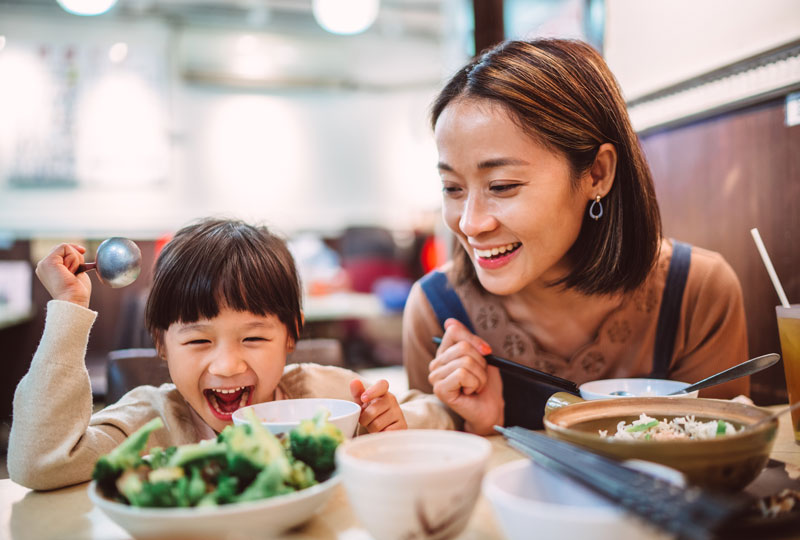This mom’s tips help take some of the worry out of traveling while dealing with food allergies.
When one of my sons was a toddler, he was diagnosed with food allergies — milk, egg, peanuts and tree nuts. I remember vividly how anxious I was about traveling, and early on we even avoided weekend trips out of town because sometimes finding allergy-friendly places to eat can be hard.
Now, with road trips and air travel under our belt, I have a better handle on what to expect and how to plan.
We often visit places within driving distance, or rent a car if we fly, so we can easily get places that meet our needs. With holidays around the corner, I again go through my checklist of handy travel tips, although many are now commonplace in our travel routine.
Traveling with a child who has food allergies has been a learning experience, and while I’m still always navigating and learning about how to better protect my child, I’ve collected tips that any family living and traveling with food allergies might find useful:
- If possible, choose a hotel that has amenities such as a kitchenette, microwave and refrigerator so you can store and cook your own allergy-friendly foods. If you won’t have a refrigerator, pack a small cooler that can be filled with ice from a hotel ice machine. Call ahead to see if the hotel will give you access to a microwave if needed.
- Bring lots of your own food or find a hotel near a grocery store so you have access to allergy-friendly fare in a pinch. For road trips, I pack multiple grocery bags full of oatmeal, single-serve soy milks, bananas, apples, soy yogurt and other allergy-friendly goodies.
- Research allergy-friendly restaurants ahead of time. Several smartphone apps, such as Allergy Eats, allow users to share restaurant experiences related to their allergies and if/how the restaurant accommodated their needs. Also, call ahead to see if the restaurant can meet your needs. I also look up menus online to plan or see if the food is appropriate for our situation. Sometimes I reach out for advice from fellow parents on several food allergy groups on Facebook. Remember, menus and staffing can change.
- Carry a “chef card” to give to restaurant staff so they know what food allergens need to be avoided not only in the food, but for utensils, surfaces, cookware, etc. Don’t be afraid to speak up.
- This is an opportunity to teach school-age children how to manage their own allergies. Teach them how to ask questions about food menus, and have them practice ordering at the restaurant, alerting the server they have a food allergy.
- Pack and carry your epinephrine autoinjector with you at all times in case of anaphylactic shock/reactions. And if you plan to be outside in hot weather, get a medicine cooling pack to keep your autoinjector the correct temperature, usually between 68 degree and 77 degrees. Too hot or too cold can render the autoinjector ineffective. Never leave the autoinjector inside a car.
- Travel with a copy of your food allergy and anaphylactic emergency care plan in the event a reaction occurs. I keep a copy in the glove compartment of our car. You can get a copy to print and fill out from the Food Allergy Research and Education organization.
- I always locate the nearest emergency room, preferably a children’s hospital emergency room, in the event of an anaphylactic reaction. That way I know where I might want an ambulance to bring my son if needed.
- Check the policies at local attractions you plan to visit. Do they sell the foods containing the allergen and is it possible to avoid them? Do they allow you to bring your own food into the facility or location?
- Bring sanitizing wipes to clean off objects, like tables or chairs that could be contaminated with the food allergen.
Happy, safe travels!
Christina Echegaray is director of communications at Monroe Carell Jr. Children’s Hospital at Vanderbilt, and a mother of two boys.

Care for children’s allergies
The Allergy and Immunology care team at Monroe Carell evaluates and treats children with all types of allergy problems. We perform a thorough evaluation to determine your child’s allergies. We also evaluate for immune disorders, when appropriate.




